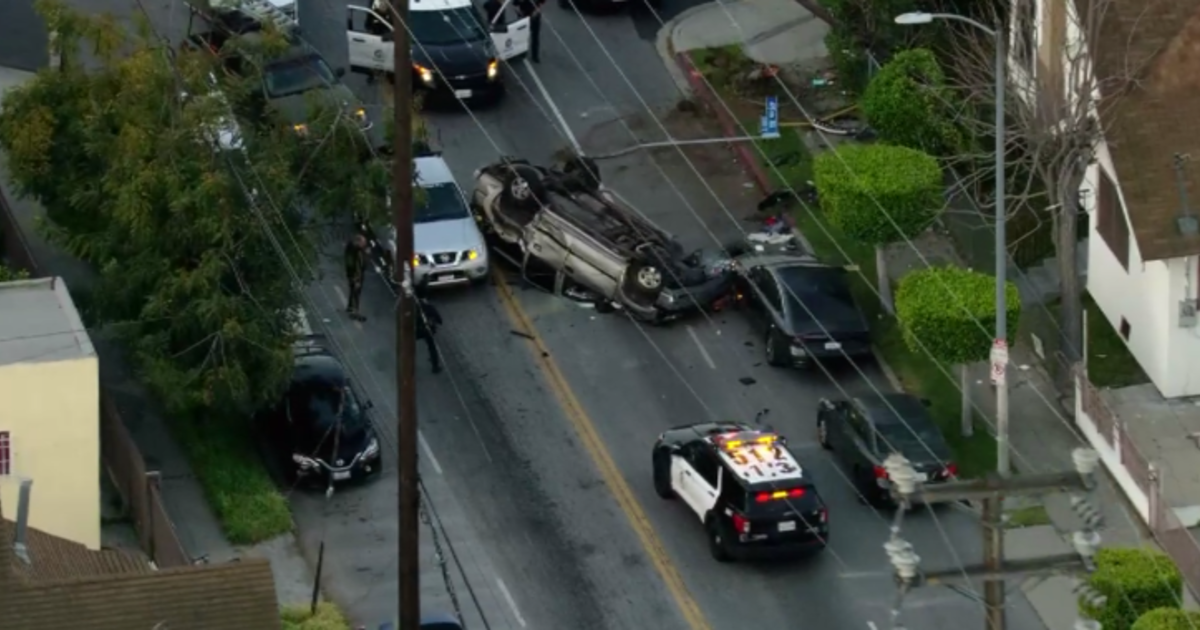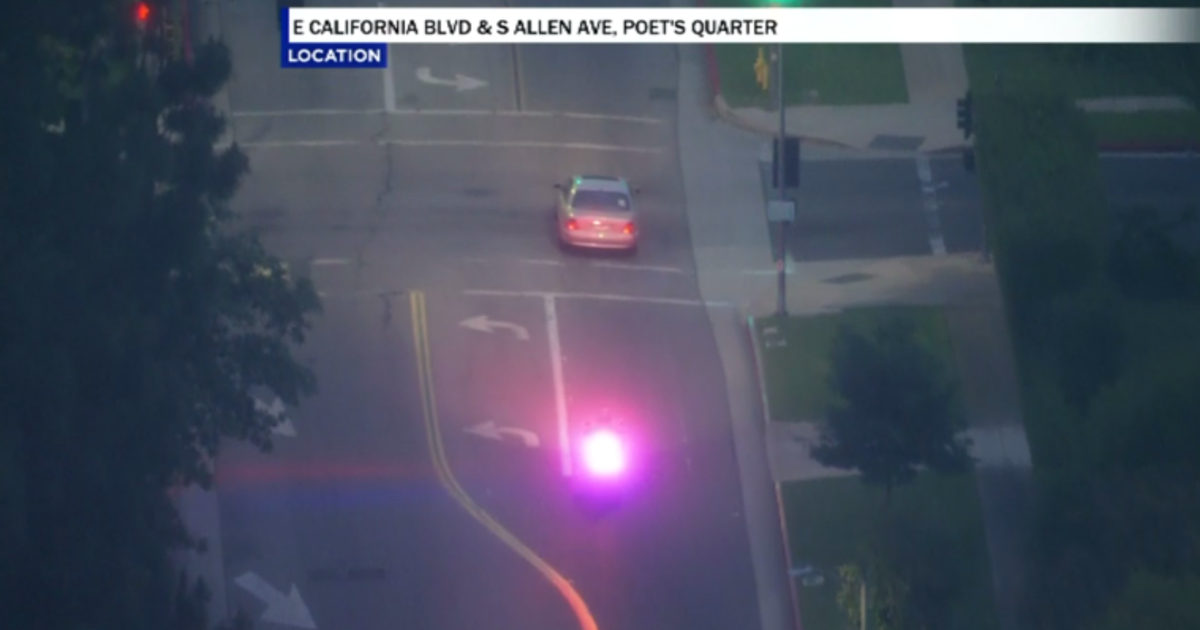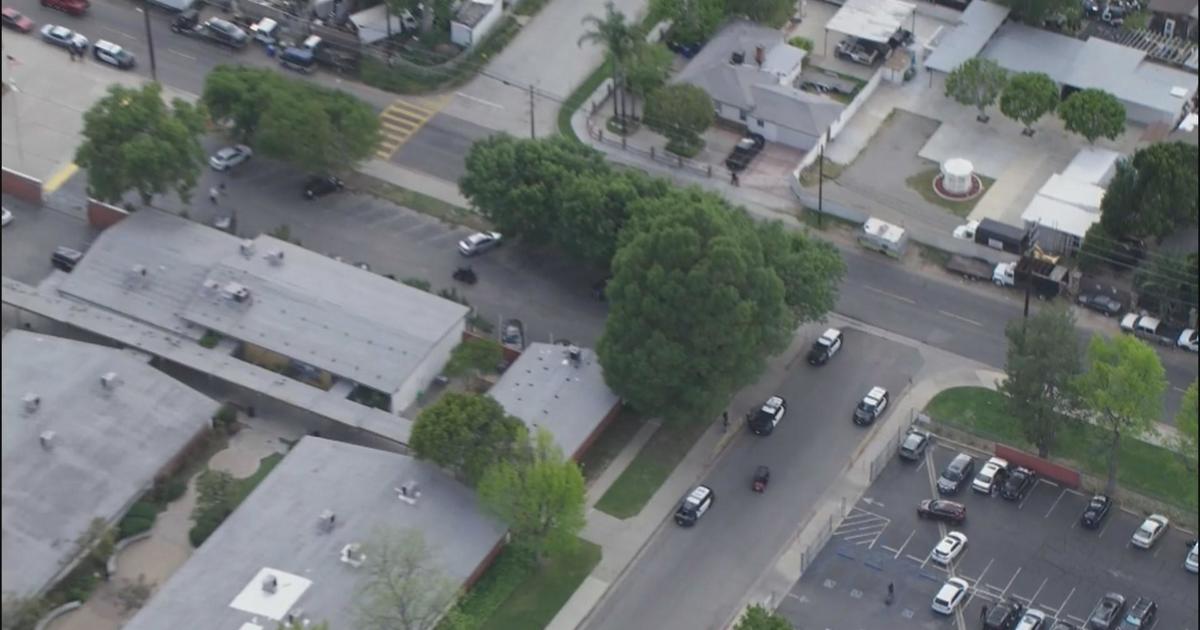Apps That Reduce Restaurant Food Waste Can Also Help Fight Climate Change
LOS ANGELES (CBSLA) - Food waste is a major contributor to the climate crisis, according to the United Nations, but now there's a growing slate of apps for that.
A group of engineering, tech and law entrepreneurs in Copenhagen founded Too Good To Go in 2016. The company's app connects customers hungry for discounted grub with restaurants that have extra food.
"Really placing the value back onto food as something that should be eaten and not thrown away," Too Good To Go co-founder Jamie Crummie told CBS News in 2016.
Here's how it works: You just place an order at a participating business and pick up a bag of deeply discounted food. It usually costs between four and six dollars.
Here's the catch: You get whatever is available. The food can include anything left over (and not eaten) from that day. Items vary by restaurant, so you could wind up with bagels and pastries or a full-blown fajita bowl.
Too Good To Go says it has more than 36 million global users and nearly 87,000 restaurant partners worldwide. It now has a presence in New York, Boston, Philadelphia, Washington and several cities in New Jersey. In January, the company raised $31 million to expand to more U.S. locations.
"I've been surprised by places," Alex Bush, a 28-year-old Too Good To Go user in New York, told CNN Business. "I reached outside my comfort zone and have fallen in love with it."
While Too Good To Go it is considered the world's largest business to consumer platform aimed at fighting food waste, it's also facing competition from similar apps, including Food for All and Karma.
An estimated 30 to 40 percent of the U.S. food supply is wasted, according to the U.S. Department of Agriculture. And most of it usually ends up in landfills where it produces methane, a powerful greenhouse gas that contributes to climate change.
"Globally, if food waste could be represented as its own country, it would be the third largest greenhouse gas emitter, behind China and the U.S.," the United Nations Environment Programme (UNEP) says on its website. "The resources needed to produce the food that becomes lost or wasted has a carbon footprint of about 3.3 billion tons of CO2."



